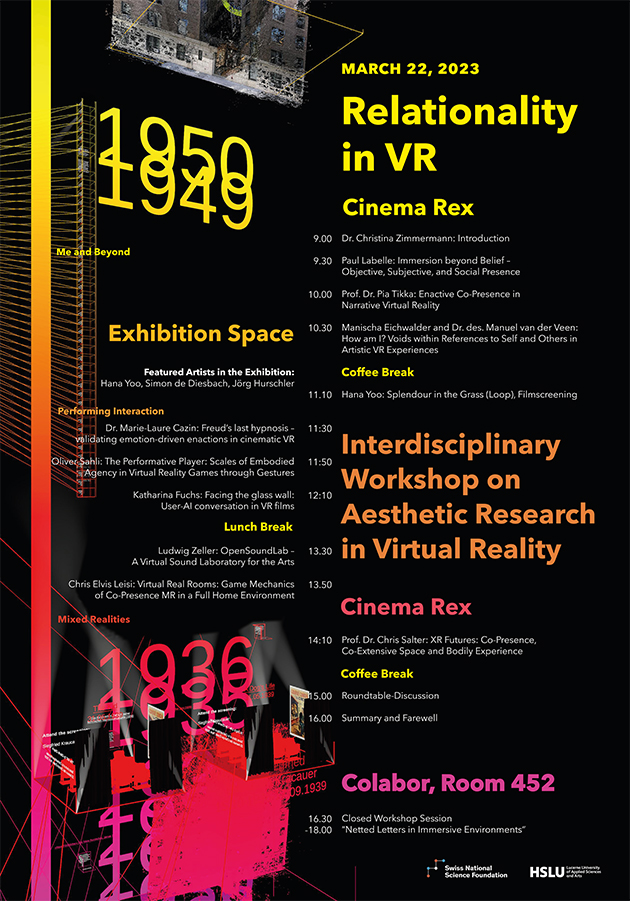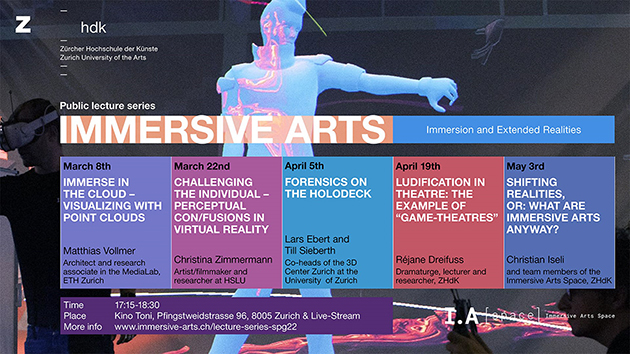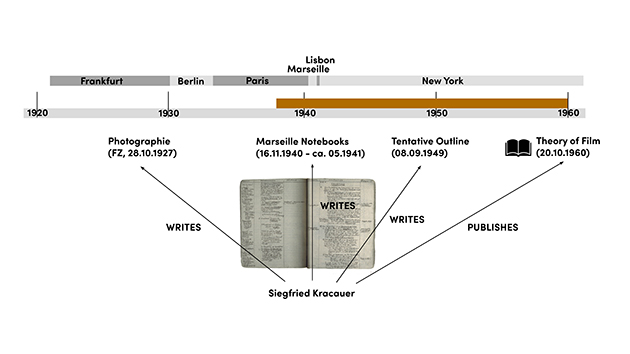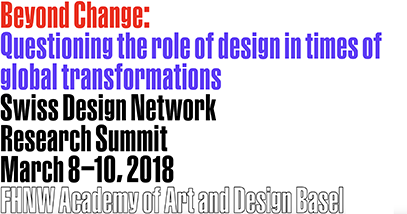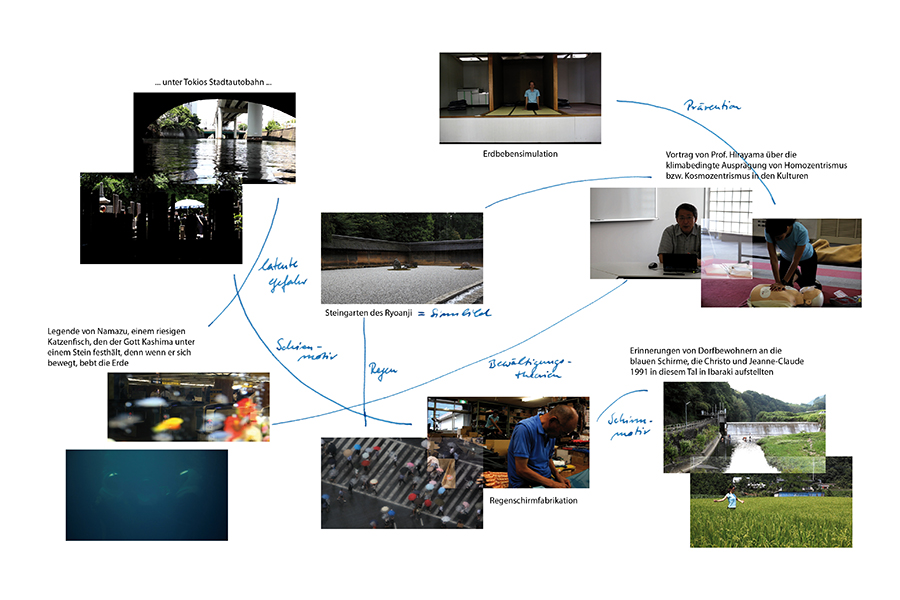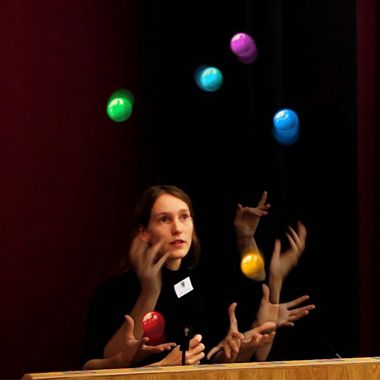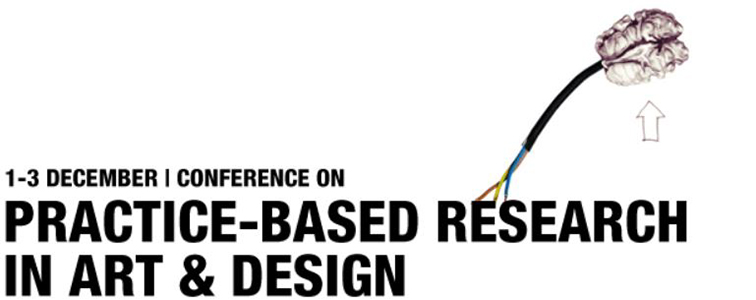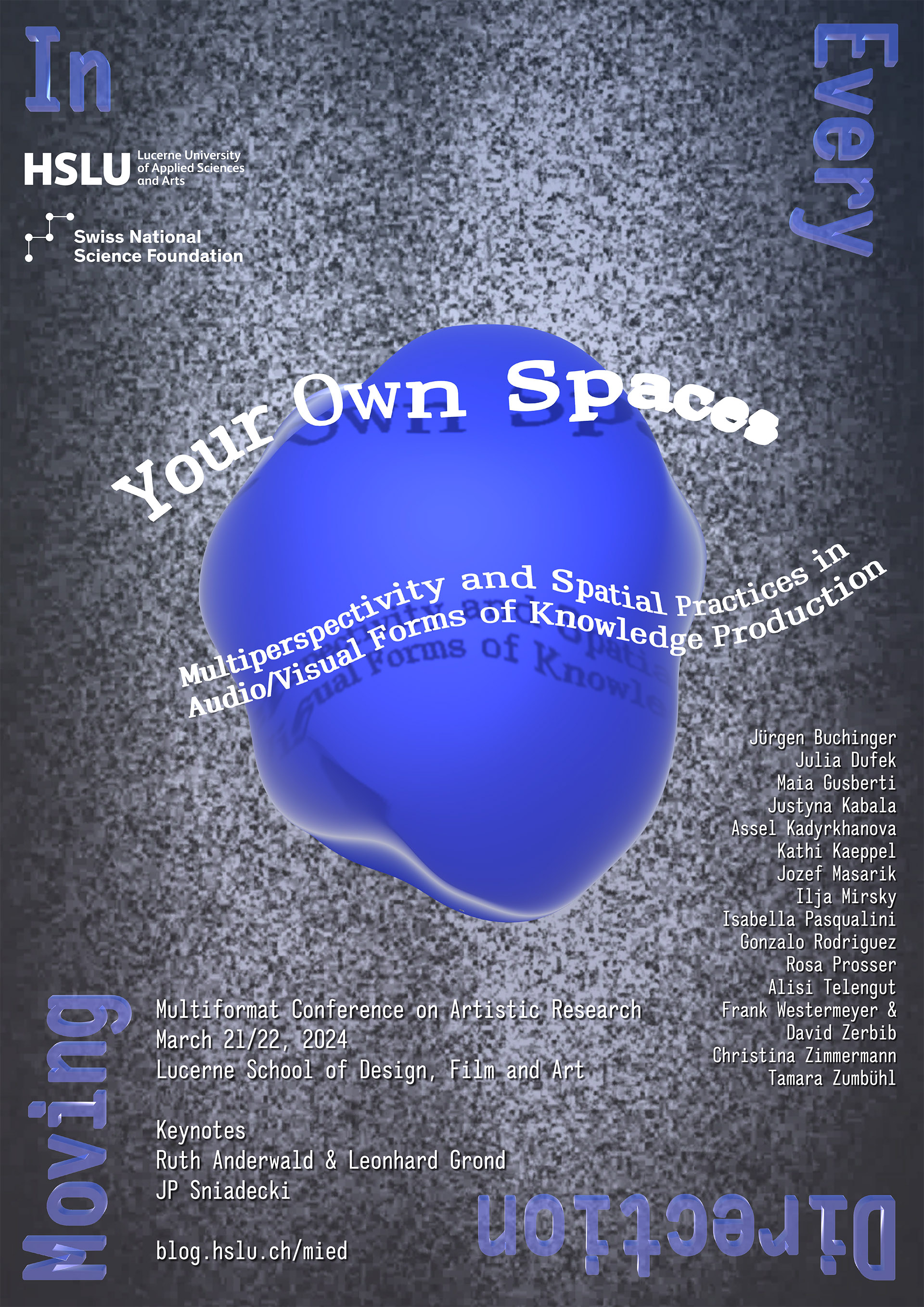
Your Own Spaces - Multiperspectivity and Spatial Practices in Audio/Visual Forms of Knowledge Production
21./22. March 2024, Lucerene University of Applied Sciences and Arts
Conference and Exhibition Programme https://blog.hslu.ch/mied/2024/01/16/your-own-spaces-programme/
Abstract
In the writings of the film theorist, writer, and sociologist Siegfried Kracauer – as in the work of many other authors at the beginning of the 20th century – a multitude of voices were skilfully woven into a literary narrative or a scientific argument. The direct and indirect quotations are only selectively identified and serve, among other things, the authors› own positioning in contemporary intellectual discourse and cultural-political or personal interests related to their immediate circle of friends.
In this lecture, I will give an insight into the work-in-progress state of our interactive virtual reality experience The True Film, which introduces Siegfried Kracauer and his wife and collaborator Elisabeth Kracauer in the context of a biographical narrative and seeks to adapt their referencing writing style. Our experiments in the field of multimodal perception in a narrative situation with the sources in hands› reach – with spatial design, animated typography, and recitations from letters or books – go beyond practical questions, for example about legibility in VR and attention control, and embark into a media archaeological excursion into medieval sacred liturgy. What do these staging practices of secondary narrative instances – the reciting medieval priest just as the quoting scientist or writer – tell us beyond dramaturgical inspiration about aesthetic and epistemological techniques of establishing credibility, originality, and identity or subjectivation? WORKSHOP Perception in Games and Virtual Worlds II
10./11. Mai 2024, Regenbogenfabrik Berlin
Workshop Programme https://sites.google.com/view/perceptioningames/program-berlin-2024

